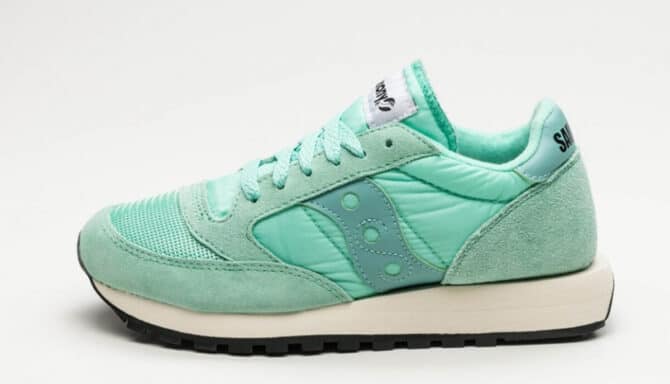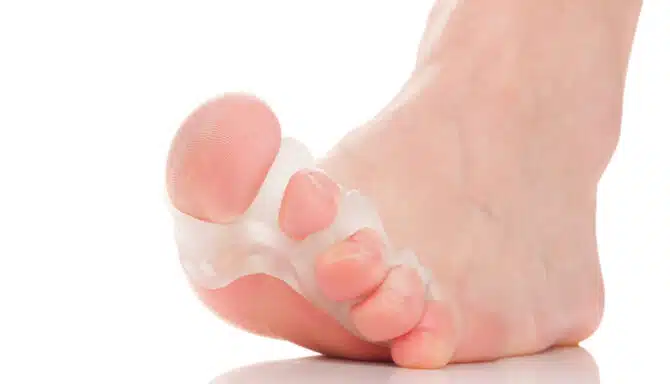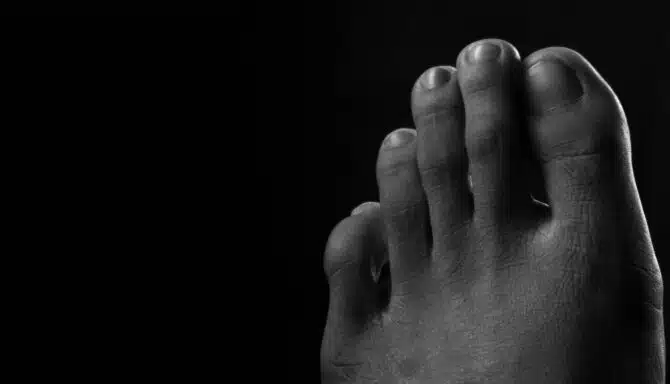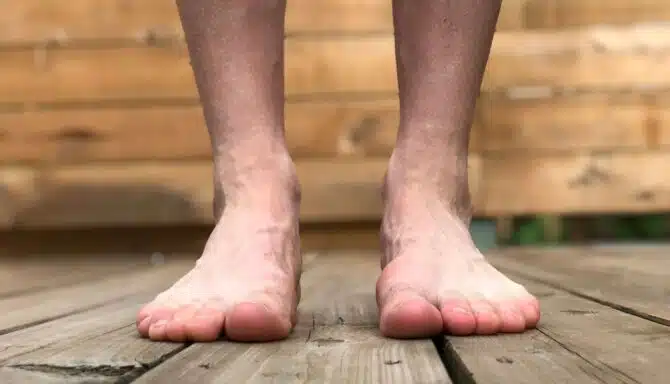The fall is a busy time of year, as students are resuming classes and many of us are heading back to the “real world” after our summer holidays. The fact remains, as temperatures drop and flu season hits, people with underlying health conditions are more at risk. For instance, one thing that we don’t often make the connection between is Diabetes and foot health.
Diabetes treatment has expanded and improved throughout history. There are plenty of ways to treat the Metabolic disorder, notably by way of a computer powered pump that reads your blood levels and knows when the system needs more insulin. In the past, diabetes was a very difficult disease to treat. In fact, it almost always lead to severe complications. It is a testament to modern medical technology that we’ve come so far.
Despite this, diabetes can greatly affect one’s feet; the disease can cause nerve damage in your feet and lower legs, which means that when you get a minor cut or sore on your feet, your Pain receptors may not pass this information along to your brain. Therefore, diabetes patients should take extra care in the fall, and eventually the winter, when it comes to their foot health.

Risk Factors For Diabetes Patients in Fall and Winter
- Low temperatures: Those who suffer from diabetes are at risk of developing foot ulcers in colder, wet conditions.
- Poorly designed Winter boots: Those who suffer from diabetes are more likely to experience foot ulcers, blisters and cuts if they wear low quality footwear.
- Snow/Wetness: Dampness in the feet can cause bacterial build up.
Diabetes patients should avoid foot ulcers at all costs. Foot ulcers have the potential to progress dangerously, as observed below. You should seek immediate treatment if you think you may have a foot ulcer.
Diabetes And Making Foot Care a Priority
If you have diabetes, you should make foot care a priority and take it seriously. For example, you can put together a foot care kit consisting of:
- Toenail trimmers (but don’t trim them yourself!)
- Nail file
- Hand mirror (for better visibility on the bottom of the foot)
- Warm socks (incase temperature drops)
You should also be sure to check your feet for:
- Cracks
- Cuts
- Sores
- Whiter, pale skin – indicates dampness
These preventative steps will work wonders and are great ways to head off problems at the pass. Additionally, there are investments you can make that will greatly improve your quality of life. Diabetic footwear, orthopaedic slippers and custom made orthotics can work wonders for diabetes patients in the colder months.
Diabetes and Diabetic Socks
If you experience severe swelling because of a diabetes related infection, you should definitely invest in a pair of diabetic socks. People with diabetes cannot wear traditional compression stockings; however specialized diabetic socks can help with swelling and promote strong blood flow in the lower legs. They’ll also protect your feet from cuts, scrapes and blisters.
Diabetes, Custom Orthotics and Orthopaedic Footwear
Many people with diabetes praise the benefits of Custom orthotics, as well as Diabetic footwear. Custom orthotics will address any irregularities with your gait and reduce pressure points, which is essential not only for addressing foot pain, but also friction-related issues like calluses and corns. Finding the right shoes are also crucial to promoting good foot health, and if you have diabetes, promoting good foot health is essential. Specifically, diabetes patients should look for diabetic footwear, which are created with less seams, therefore creating less pressure points and areas of friction and rubbing. It’s also important that diabetic footwear be supportive and fit properly. You should also consider orthopaedic slippers: because diabetic feet are so vulnerable, people with diabetes should wear orthopaedic slippers indoors to reduce the chance of cuts, scrapes and wounds.
We Can Help!
Diabetes can be a lot to manage, so let us take care of any related foot concerns. Whether you’re on the mild or severe side of the spectrum, you can rest easy knowing we’re able and happy to solve all your foot care needs.
Call us at 416-769-FEET (3338) or Book Your Assessment Today!
Banner Image Credits – Dhyamis Kleber from Pexels – Thank you!











